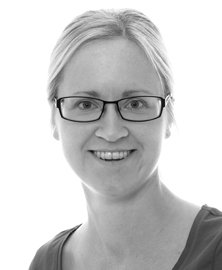
To remain competitive on the global market, industry is continuously improving economic, social and environmental performance. The REWIND project seeks to take advantage of current industrial trends in digitalisation and sustainability. Capitalising on the expertise of the academic and industrial partners, the consortium will make use of digital technologies, assessment methods, strategic planning tools and materials research to realise opportunities towards a circular economy.
The REWIND project combines the principles of lean production and eco-efficiency in three industry pilots at Stena Recycling, Volvo AB and IKEA GreenTech. The objective is to retain the value embedded in materials with circular strategies (reuse, remanufacture, recycle, repurpose, etc.). Lessons learnt from the pilots will be used to develop educational tools for engineers and industry leaders to accelerate the uptake of best practices for circularity and sustainable production.
Reduceing dependency on natural resources and strategic materials
By applying circularity concepts and principles in industrial processes, the overall production systems’ resource efficiency can be improved. This leads to reduced dependency on natural resources and strategic materials, and helps to guarantee future production of environmentally-sound materials, components and products.
Close collaboration key to success
The principles of eco-efficiency and circularity are complex to implement; piloting in close collaboration with diverse stakeholders is a key to success. The consortium will capitalise on the expertise of the academic and industrial partners to make use of digital technologies, assessment methods, strategic planning tools and materials research to realise opportunities towards a circular economy.


